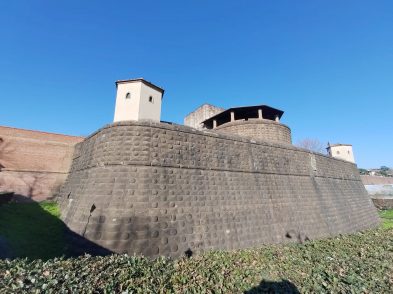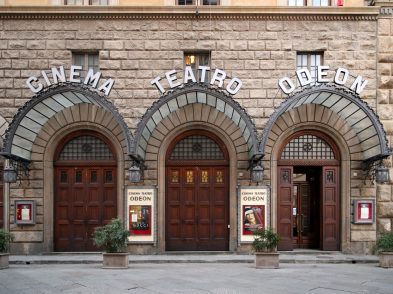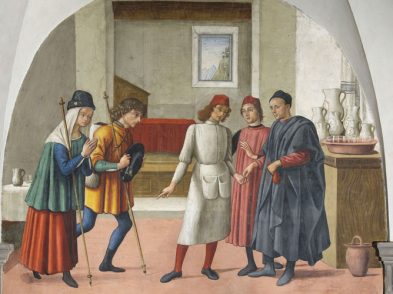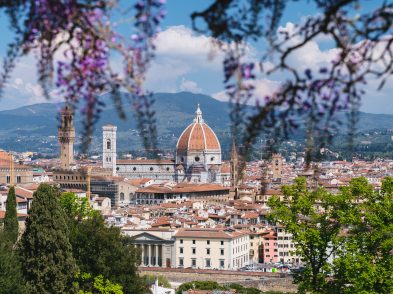The centenary of the birth of Margherita Hack, one of Italy’s most illustrious astrophysicists and the first woman to become the director of an astronomy observatory (Trieste, 1964–87), was celebrated on June 12, 2022. To mark the occasion, artist Daniela Olivieri’s statue, titled Sguardo Fisico (Fixed Gaze), depicts Hack with her hands raised as though looking through a telescope—it was unveiled in front of the Università Statale in Milan. This is the first statue of a woman scientist to stand on public soil in Italy. Bergamo is thinking of dedicating a street to her, while in her hometown of Florence, a small bridge in Novoli over a viaduct for the tramway was named after her in 2020 and various other important commemorations are currently planned.
“I have had a very fortunate life, both thanks to my parents, who always had faith in me… and thanks to my companion who has always encouraged and helped me in my work and has been close to me through every difficulty. Furthermore, I have always enjoyed good health, which has allowed me to be strong and optimistic and to face life and a scientific career a little like a sport, with a competitive spirit.”
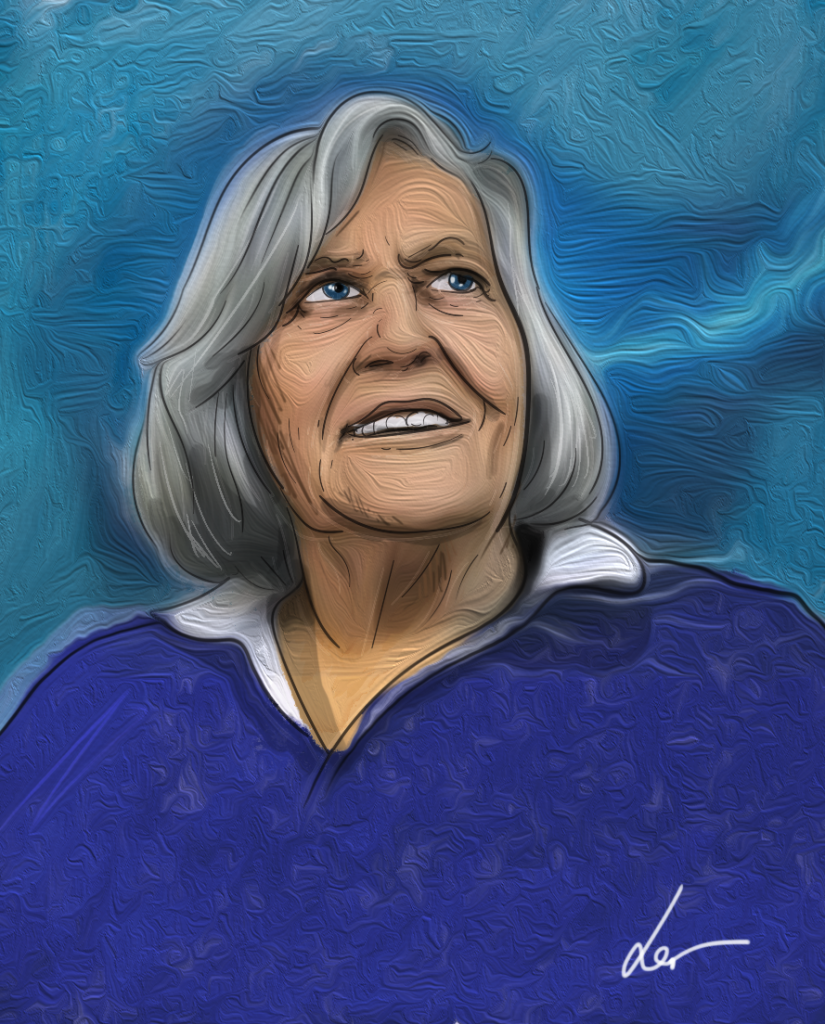
Margherita Hack was born on June 12, 1922, while her family was living (somewhat prophetically) in via delle Cento Stelle in the Campo di Marte neighbourhood, although the rationalist she became would never have acknowledged it. She was the daughter of Roberto Hack, a bookkeeper of Protestant-Swiss origin who worked for the city’s electricity company until he was dismissed for his anti-fascist ideas, and his wife, Maria Luisa Poggesi, a Catholic and a graduate of the Accademia di Belle Arti di Firenze, who worked as a miniaturist at the Uffizi to support the family through financially difficult times. Both parents would leave their religions to join the Italian Theosophical Society, of which Roberto Hack acted as secretary for many years. Her upbringing remained an important influence throughout Hack’s long life: she was a convinced atheist, who fought against all forms of superstition and dogma, becoming the scientific guarantor of Comitato Italiano per il Controllo delle Affermazioni sulle Pseudoscienze and an honorary president of the Union of Rationalist Atheists and Agnostics; she championed women’s rights and was a staunch advocate of the right to euthanasia. She also followed her parents’ example as an environmentalist, vegetarian and a supporter of animal rights. Likewise, from her youth, she loved sport, playing basketball and competing in athletics during the 1941 Fascist Littoriali games, when she won first place in the long and high jump, although her lifelong love was for the bicycle, about which she even wrote a book. Perhaps her greatest gift was her ability as a passionate scientific communicator to make science understandable to non-experts through the media and magazines like L’Astronomia and Le Stelle
After attending the Galileo Galilei classical high school, she enrolled in the physics faculty at the University of Florence, graduating in 1945 with a thesis based on observations she had made at the INAF Arcetri Observatory in Florence. A year later, she married Aldo De Rosa, a man she had re-met as a humanities student at the same university, often reminiscing that he had been the childhood friend she had played with in the Boboli Gardens when she was 11 and he was 13. In 1954, she left the Arcetri Observatory for the Merate Osservatorio of Brera because she said she “loved the stars. Instead Arcetri loved the sun”. She also gave classes in astrophysics and radio astronomy at the University of Milan. As her career developed during her time at Trieste Observatory, whose international reputation grew under her direction, she began collaborating with prestigious universities like Berkeley and Princeton in the US, and the Institut Astrophysique de Paris as well as with the European Space Agency and NASA. She published copiously, and her national and international awards and decorations were legion.
Politics were another of Hack’s interests, which culminated when she stood and won seats for the Italian Communist Party in the regional elections in 2005 and the general election in 2006. Both times, she gave up her seats in favor of her profession. She would, however, continue her commitment to the political causes she believed in for the rest of her life.
On June 29, 2013, Margherita Hack died, aged 91, at the Cattinara hospital in Trieste from recurring heart problems, with her husband of 70 years by her side. In her autobiography, L’amica delle stelle, Hack seems almost to have written her own epitaph: “I have had a very fortunate life, both thanks to my parents, who always had faith in me… and thanks to my companion who has always encouraged and helped me in my work and has been close to me through every difficulty. Furthermore, I have always enjoyed good health, which has allowed me to be strong and optimistic and to face life and a scientific career a little like a sport, with a competitive spirit.” Today, that spirit continues to shine in the 8558 Hack asteroid named after her.


